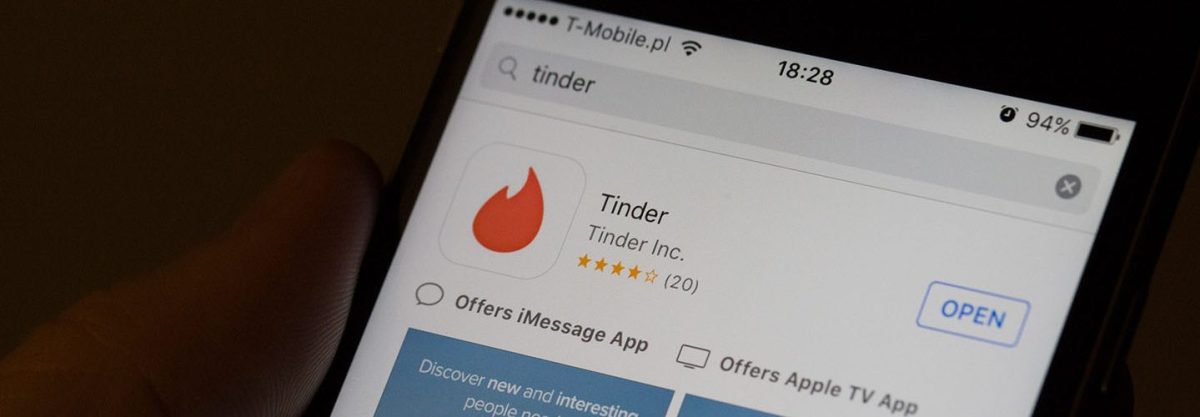If you are one of Tinder’s 50 million users, the app most likely has 800 pages of information on you.
Judith Duportail figured this out when she asked Tinder to grant her access to her personal data, which is allowed under EU data protection law, reports The Guardian. She received 800 pages of data about herself, including Facebook “likes,” photos from Instagram (even though she deleted the associated account), her education, the age of men she was interested in, how, when and where she connected or had conversations with men on the app, and more, reports The Guardian.
“I am horrified but absolutely not surprised by this amount of data,” said Olivier Keyes, a data scientist at the University of Washington, to Duportail for The Guardian. “Every app you use regularly on your phone owns the same [kinds of information].”
A July 2017 study showed that Tinder users are actually excessively willing to disclose information without realizing it. Luke Stark, a digital technology sociologist at Dartmouth University said that apps such as Tinder take “advantage of a simple emotional phenomenon; we can’t feel data.” He said you are basically lured into giving away this information.
Duportail writes that as she read through the 1,700 Tinder messages she had sent since 2013, she was reading about her hopes, fears, sexual preferences and deepest secrets. The app knew that she had copy-pasted the same joke to match 567, 568 and 569. It also knew that she spoke to 16 people on one New Year’s Day, but then stopped talking to all of them.
Alessandro Acquisti, professor of information technology at Carnegie Mellon University, explained to Duportail that Tinder knows much more about you when studying your behavior on the app. It is called “secondary implicit disclosed information.”
You expect all of this to remain a secret, but when you join Tinder, their privacy policy clearly states your data may be used to deliver “targeted advertising.”
Duportail asks an important question: What happens in all this information is hacked, or made public or bought by another company? She writes that “the thought that, before sending me these 800 pages, someone at Tinder might have read them already makes me cringe.” Tinder’s privacy policy states that you should “not expect that your personal information, chats, or other communications will always remain secure.”
They were right. In May, an algorithm was used to scrape 40,000 profile images from the platform in order to build an AI to “genderize faces” reports The Guardian. OkCupid profiles were made public by a Danish researcher who used the data to try to establish a link between intelligence and religious beliefs. The Guardian writes that some commenters have labeled that researcher a white supremacist.
A little scary, right?
Tinder says it needs the information to personalize the experience, writes Duportail, but they wouldn’t tell her much more than that. They told her their matching tools are a “core part of our technology and intellectual property, and we are ultimately unable to share information about our these proprietary tools.”
Privacy activist Paul-Olivier Dehaye says that the information affects your matches on Tinder, but it also the jobs you see on LinkedIn, if you can subscribe for a loan, and how much you will pay for insuring your car. He said that eventually, everything will be affected by the data collected by apps like Tinder.
“We are leaning towards a more and more opaque society, towards an even more intangible world where data collected about you will decide even larger facets of your life. Eventually, your whole existence will be affected,” he said, according to The Guardian.
Duportail writes that as a millennial, there is very little difference between her virtual life and her real life. That means her reality is constantly shaped by others — “but good luck trying to find out how.”
Thanks for reading InsideHook. Sign up for our daily newsletter and be in the know.


















